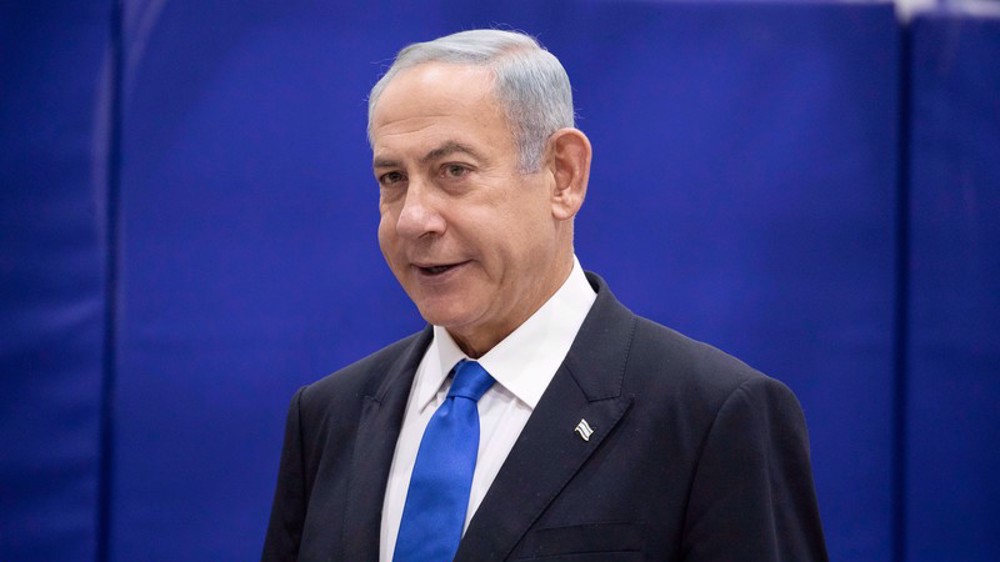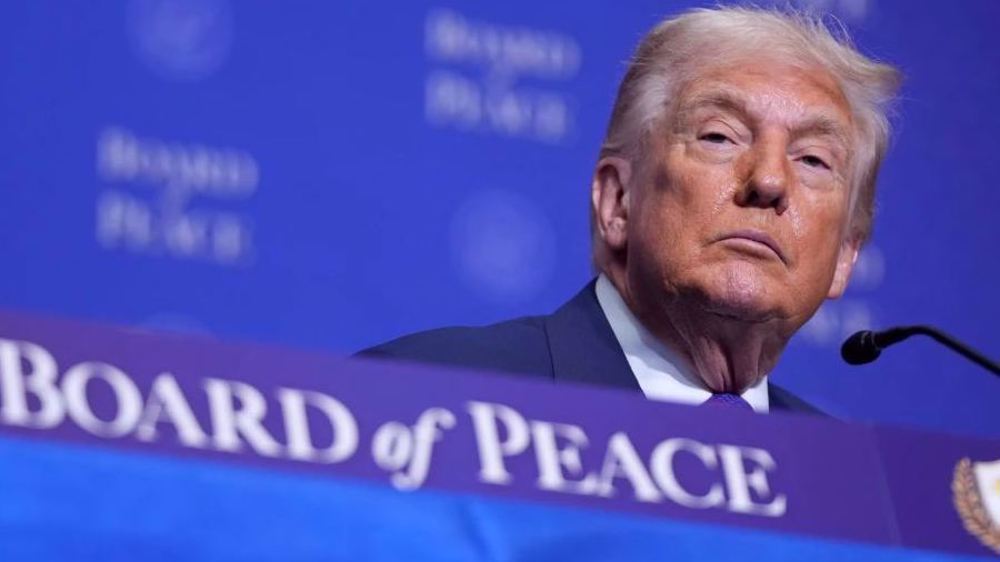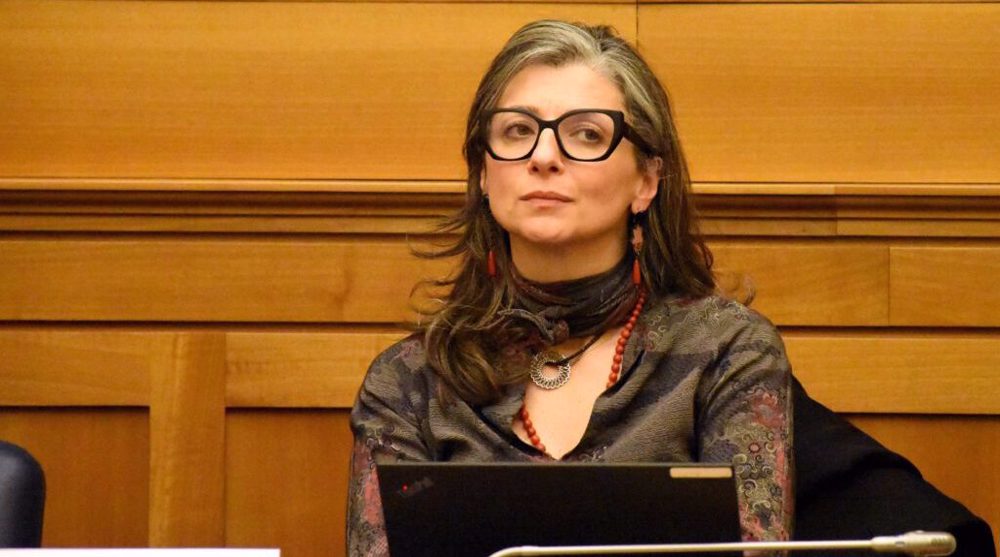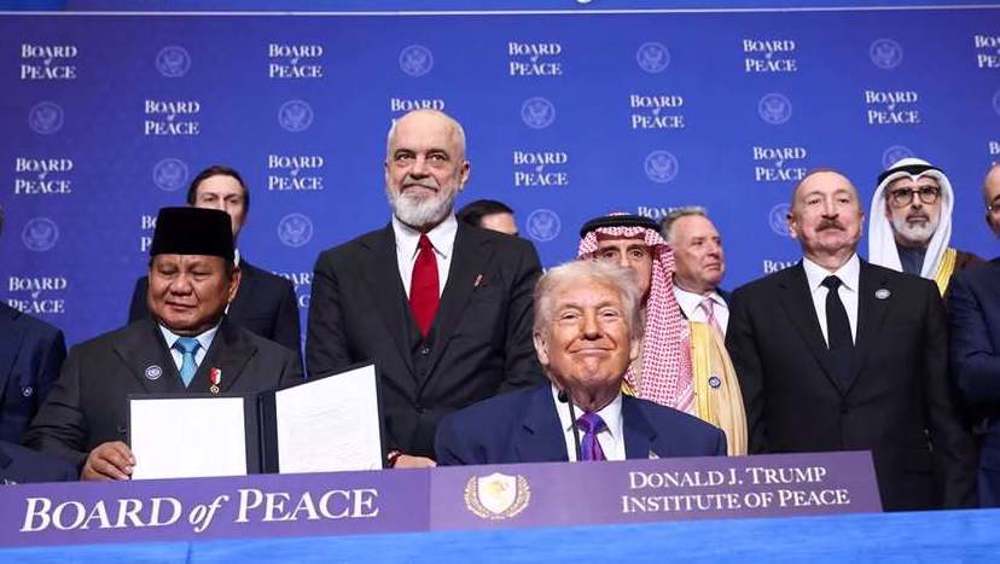Israel set for most extremist regime in its history
Israel’s most extremist former PM and his ultra-right coalition are set to be in power, as former prime minister Benjamin Netanyahu won elections while standing charges on corruption and political dysfunction.
In a final swing at the premiership, Netanyahu allied with the extremist MK Itamar Ben-Gvir’s Otzma Yehudit party and Betzalel Smotrich's Religious Zionism party. His coalition earned a total of 64 out of 120 seats, by that making up the majority of the Knesset.
The elections, which kicked off on Tuesday, are a fifth attempt by Israel in only four years to end a paralyzing political stalemate in the Tel Aviv, amid deep political divisions among the regime’s political parties.
Illegal settlement expansion and extremism
Netanyahu's previous term was marked with sheer expansion of Tel Aviv's illegal settlement activities.
Netanyahu’s major ally, Ben-Gvir, is notorious for his constant provocative raids of Palestinian towns and Islamic Holy Places such as al-Aqsa mosque. He is also infamous for rallying illegal Israeli settlers that call for the death of Arabs and Palestinians and chant racist slogans against Muslims and Arabs.
Moreover, Ben Gvir has links to the late Meir Kahane, the US-born rabbi who openly advocated for the expulsion of Palestinians from Israeli-occupied land. Today, the racist ideas espoused by Kahane and his political descendants have become mainstream among a large segment of Israeli settlers.
In October, he urged Israeli settlers to shoot Palestinians, while brandishing a loaded gun in the occupied East al-Quds neighborhood of Sheikh Jarrah.
The previous Israeli regime, under Netanyahu, sped up annexing Palestinian lands in order to expand settlement projects. Also, Political commentators and Netanyahu’s critics have long criticized him for demonizing the Arab community with his political rhetoric.
Even the pro-Israeli occupation lobby in the US, AIPAC, which practically never criticizes Israeli politicians, has criticized Netanyahu over his actions.
Concerns remain on what will Netanyahu’s policies towards Palestinians would be like, with a much possible spike in settlement expansions and green light to settler attacks against Palestinians.
More than 600,000 Israelis live in over 230 settlements built since the 1967 Israeli occupation of the Palestinian territories of the West Bank and East al-Quds.
This is at the time the Palestinian Hamas resistance movement has assured that the apartheid Israeli regime is an occupying force in its entirety, and that it cannot give legitimacy to its occupation of the Palestinian territories by staging elections.
Pressure to end Netanyahu's trial
Meanwhile, as Netanyahu claims he will not use his authority to upend the legal process and the charges against him, some of his coalition partners have signaled to have other plans.
They have said they will push to legalize one of the crimes he is accused of committing — or even to end the trial entirely. Therefore, this come back, as his allies imply, would mean politicizing the judicial system to rescue Netanyahu from punishment on charges he faces.
Netanyahu, who is charged with bribery, fraud and breach of trust in the first such trial of a sitting Israeli prime minister, has denied all wrongdoing, portraying himself as the victim of a politically motivated witch-hunt.
Even though he has long denied the charges, but the scandal delivered a telling blow to his staying power, and eventually saw him being ousted when PM Yair Lapid and his coalition partner Naftali Bennett cobbled together an alliance with others.
Ripping out a fresh deal?
Meanwhile, questions remain on whether Netanyahu will follow Trump’s lead in withdrawing unilaterally from a historic deal; in Netanyahu’s case it would be the recently sealed deal between Lebanon and the Israeli regime on demarcating the maritime borders.
Netanyahu had threatened to "neutralize" the agreement, which came into force last week after some 12 years of indirect US-brokered talks. He has vehemently denounced the agreement, calling it an "illegal ploy" and said that he would not be bound by its terms. However, Lebanon's negotiator Elias Bou Saab, who is also deputy parliament speaker, assures that the maritime deal “cannot easily be canceled."
Lebanon and the Israeli regime carried out five sessions of indirect talks on the demarcation of maritime borders starting 2020, with the latest round held in May 2021. Since the negotiations kicked off, Hezbollah declared that extraction of gas from Karish without guarantees to Lebanon that it will be able to explore and extract its maritime resources is a red line.
ICE quietly buys warehouses for major detention expansion
Family of US citizen killed by Israeli settler demands end to impunity
VIDEO | Press TV's news headlines
VIDEO | Trump’s 'Gaza Riviera' vs. tents: Deep divide over US' 12-point plan
VIDEO | Palestine Action is back!
Iran’s military alertness main ‘deterrent’ against enemy miscalculations: Top commander
Hezbollah confirms 8 fighters killed in Israeli strikes on eastern Lebanon
Settler attacks in West Bank have displaced 880 Palestinian families: UN










 This makes it easy to access the Press TV website
This makes it easy to access the Press TV website